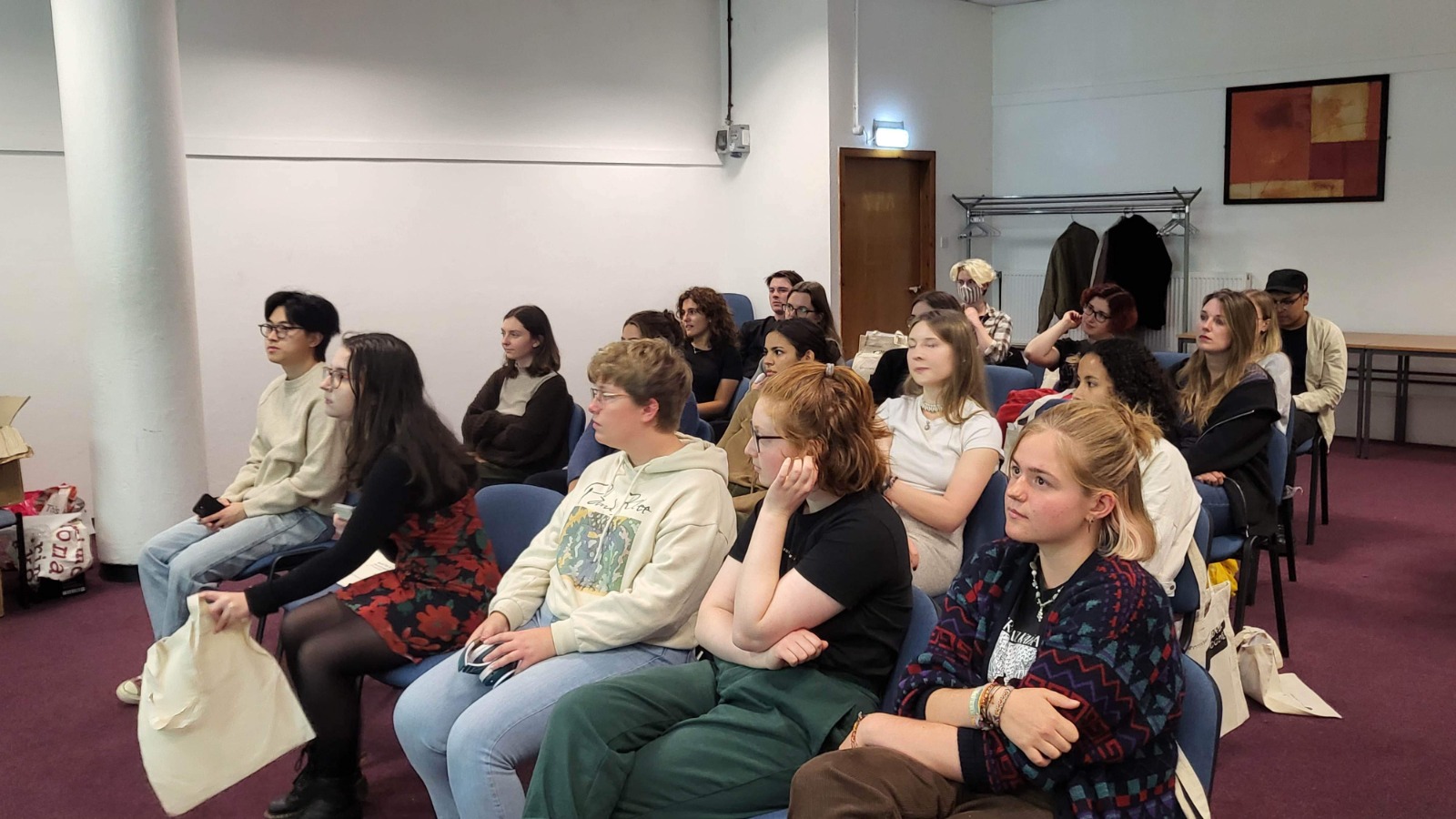
British universities play a key role in the government’s pursuit of autonomous systems, with academics and research departments having numerous and well-established research projects with the Ministry of Defence and private arms companies, while failing to put in place the necessary safeguards to ensure that the technology they produce will not be incorporated into autonomous weapons systems or used in harmful ways.
Against this background, in 2020 the UK Campaign to Stop Killer Robots launched a university workstream. Led by students across UK universities, the initiative raises awareness to the absence of transparency, accountability or substantive ethical consideration around research with potential military applications. It also calls on UK academic institutions to address gaps and inadequacies in their ethics frameworks, as well as establish adequate safeguards to address the end-user and dual-use risks associated with autonomous weapons systems relevant technology developed at their premises.
Awareness-raising actions
The campaign conducts a series of actions, including seminars and roundtables, to raise awareness of the links between UK universities and the development of autonomous systems. Some successful events have taken place in Edinburgh, Manchester, Strathclyde and Bristol universities.
We also conducted screenings of the ‘Immoral Code’ documentary, which contemplates the impact of Killer Robots in an increasingly automated world, in various universities, including Newcastle, Cambridge and Warwick.

The report, published in September 2022, found:
The UK Campaign student movement repeatedly tried to engage with universities to ensure they establish clear policies to prevent their research from contributing to the development of autonomous weapons systems. We passed motions in Student Union’s councils, spoke to Ethical Affairs Officers, wrote open letters, created petitions and publicised our concerns in university newspapers (e.g. The Rattlecap and Varsity Cambridge). However, there has been a general lack of willingness to engage or take actions to address our concerns.

On the 12th of October 2022, we sent out an advocacy letter to the Vice Chancellors/Principals of 13 UK academic institutions calling on them to develop safeguards against the risk that their university’s research will be misused, including by taking the following modest steps:
As demonstrated in the table below, which lists the universities we tried to correspond with, our concerns have been largely unaddressed.

Only three universities have provided responses to our letters. While recognising the potential risk of dual use technologies, we did not feel reassured that the existing mechanisms in place are sufficient to assess or mitigate risks associated with the research proposals considered by these universities. None of the universities contacted committed to following our recommendations, such as endorsing the Future of Life Pledge, which calls for stronger norms and regulations on autonomy in weapons systems; or taking steps to increase the transparency of your funding sources in partnership with military or defence-related actors; or reviewing their ethics frameworks and policies to ensure that research with dual-use implications is rigorously scrutinised.
We will continue to seek opportunities for dialogue while supporting student campaigning activities on campus aimed at ensuring that university research operates under a more transparent and safer environment.
